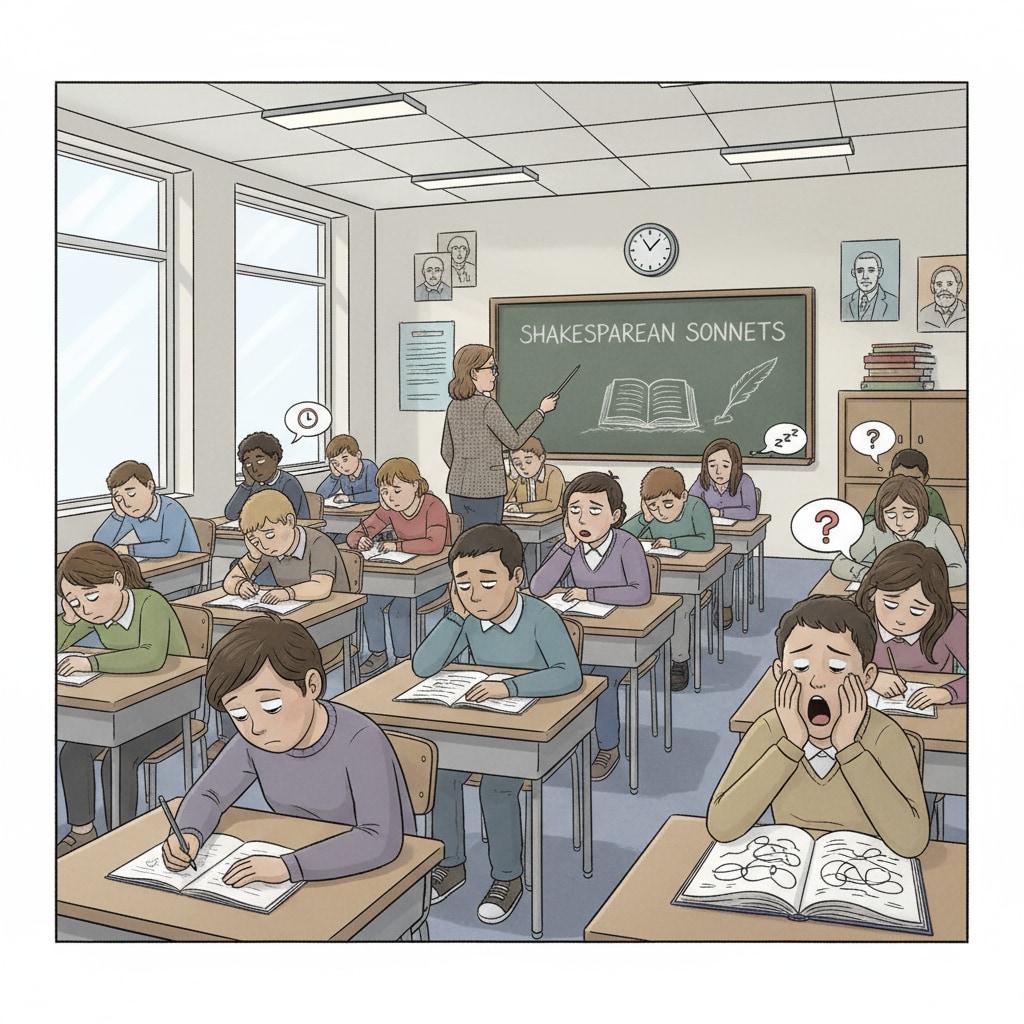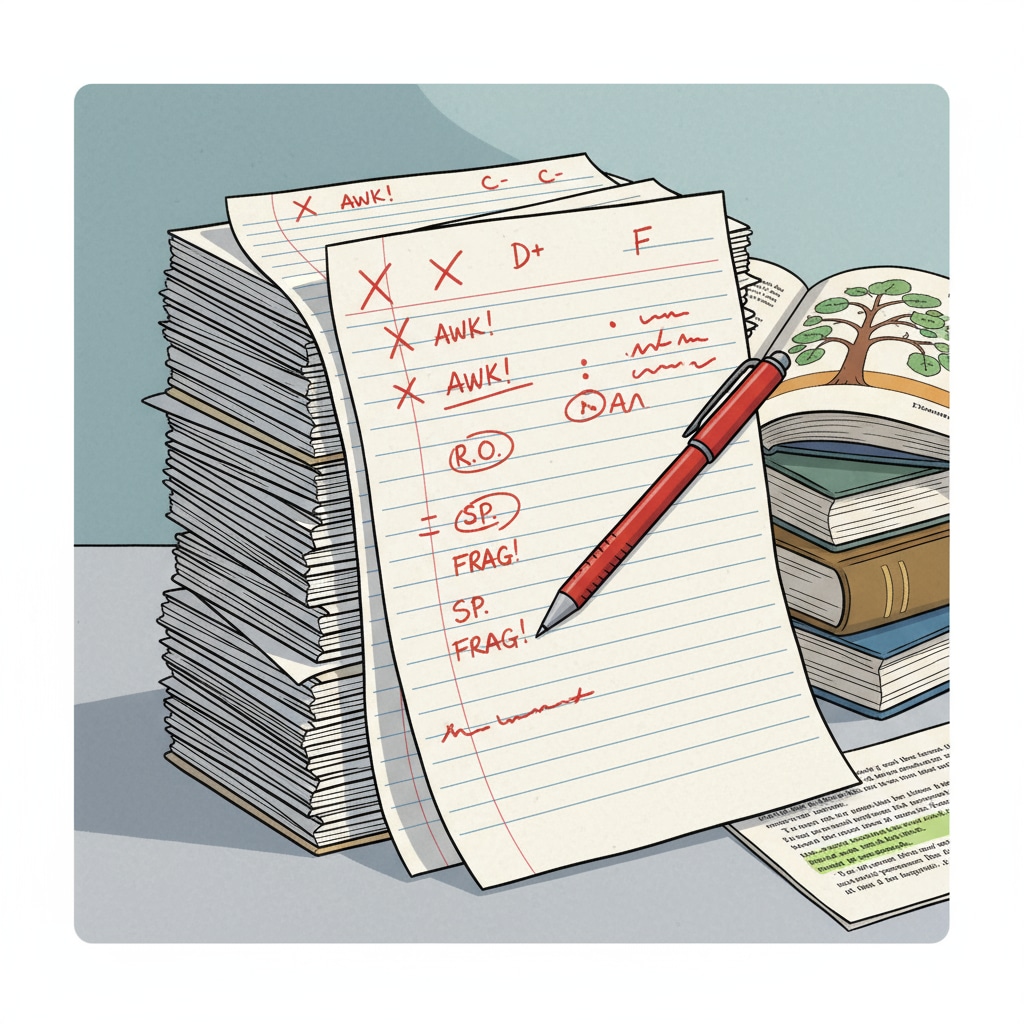English courses, literary works, and learning experiences are integral parts of a student’s academic journey. For many, the 9th grade was initially filled with high hopes and enthusiasm for delving deeper into the world of English and British literature. However, for a significant number of students, these expectations have been met with disappointment. This article aims to explore the reasons behind this disillusionment and propose ways to bring about positive change.

The Problematic Course Design
The design of 9th grade English and literature courses often falls short. One major issue is the overly strict grading system. Teachers seem to focus more on grammar and punctuation errors rather than the creativity and depth of students’ ideas. As a result, students who are eager to express themselves are discouraged when they receive low grades. For example, a student who writes a thought-provoking essay but makes a few minor grammar mistakes may be penalized severely, dampening their motivation to engage with literary works and English learning.

The Burden of Mechanical Writing Tasks
Another aspect that disappoints students is the prevalence of mechanical writing tasks. Instead of being encouraged to explore their own voices and perspectives, students are often required to follow rigid writing templates. This not only stifles creativity but also makes the learning experience mundane. For instance, writing five-paragraph essays with a set structure for every topic fails to nurture students’ ability to think critically and express themselves freely in the context of English language and literary analysis.
Moreover, the choice of textbooks can be a significant deterrent. Some of the literary works selected for 9th grade may be outdated or too complex for students at this level. When students struggle to understand the archaic language and convoluted plotlines, their interest in literature wanes. This lack of engagement extends to the overall English learning experience, as literature is an important vehicle for language acquisition and cultural understanding.
To address these issues, a comprehensive curriculum reform is needed. First, the grading system should be more balanced, rewarding both technical accuracy and creative thinking. Teachers could provide more constructive feedback to help students improve rather than simply focusing on errors. Second, writing tasks should be redesigned to allow for more self-expression and exploration. For example, students could be given open-ended topics and the freedom to choose their writing styles.
In addition, textbook selection should be more student-centered. Educators should choose literary works that are relevant, engaging, and at an appropriate difficulty level. This could include contemporary works or adaptations of classic literature that are more accessible to 9th graders. By making these changes, we can transform the 9th grade English and literature courses from sources of disappointment into platforms for growth and discovery.
Readability guidance: This article uses short paragraphs to convey ideas clearly. The lists help summarize key points. Passive语态 is used sparingly, and transition words like “however,” “for example,” and “in addition” are employed to enhance the flow of the text.


